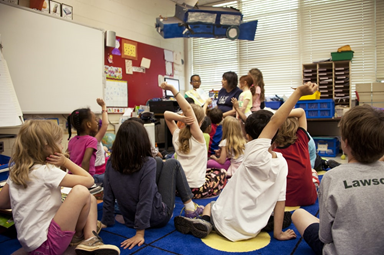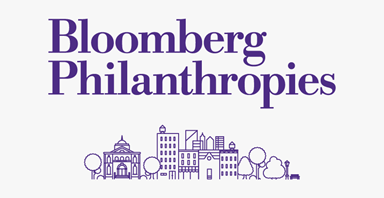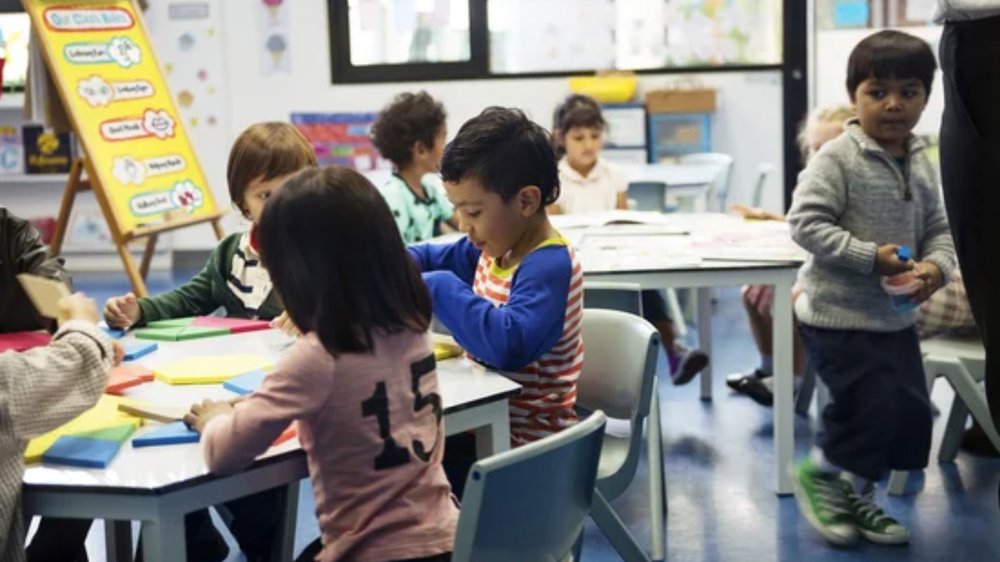Kindergarten enrollment slumped last year. Now, some schools see rebounds among youngest students – By Kalyn Belsha, Chalkbeat
Like many school districts, Indianapolis Public Schools saw a steep enrollment drop among its youngest students last year.
School started off remote, and many families opted not to have their young children learn online. The kindergarten class shrank to 2,430 students from 2,750 students the year before, while the preschool class was barely half its previous size.
A lot has changed since then. School is in person again, and the district’s overall enrollment is up. At 2,670 students, the kindergarten class is closer to what it was before the pandemic, and the preschool class has just a few open slots.
“We believe that we’re rebounding and that families are choosing to come back,” Superintendent Aleesia Johnson told school board members in late October.

Gov. Wolf to Let Pa.'s School Mask Mandate Expire, Let Local School Officials Decide – From NBC Philadelphia
Pennsylvania school districts will soon be allowed to modify or end the mask mandate for K-12 students in January, Gov. Tom Wolf announced Monday, saying it is “time to prepare for a transition back to a more normal setting.”
The Democratic governor said that, on Jan. 17, he expects to turn over decisions about masking to local school officials, although the acting health secretary’s current mask mandate for students will remain in place for early learning programs and child care facilities.
The Wolf administration imposed a statewide mandate in early September, citing a surge in infections and hospitalizations from the highly contagious delta variant of the coronavirus. The order from acting Health Secretary Alison Beam required that students, staff and visitors at K-12 schools and child care facilities wear masks while indoors, regardless of vaccination status.
The decision to soon end the statewide mandate comes days after federal officials approved the COVID-19 vaccine for younger children.

Prince George’s County teacher wins $1 million global educator prize – By Valerie Strauss, The Washington Post
A Maryland public school teacher and Howard University graduate on Wednesday was named the winner of a global teaching prize worth $1 million — the biggest such award for educators in the world.
Keishia Thorpe, who teaches 12th-grade English at the International High School at Langley Park, in the Prince George’s County public school system, received the Global Teacher Prize at the Paris headquarters of the United Nations Educational, Scientific, and Cultural Organization. Her students mostly come from immigrant and refugee families.
Thorpe was awarded the honor from a field of more than 8,000 educators from 121 countries, many of whom work in impoverished and conflict-ravaged communities.
“This is to encourage every little Black boy and girl that looks like me, and every child in the world that feels marginalized and has a story like mine, and felt they never mattered,” Thorpe said Wednesday after the announcement was made by French actress Isabelle Huppert.

Fueled by Grants, States Bet Innovative Career Training Programs Will Lure Disengaged Youth Back to School After COVID — Starting in Middle School – By Beth Hawkins, The 74 Million
Could student-run vertical farms — hyper-efficient, clean facilities where produce grows up on racks, instead of out across fields — help stabilize small cities in northwest Tennessee?
Could apprenticeships with local chefs keep disaffected Delaware teens in high school and reopen the state’s restaurants, the source of one-tenth of its jobs?
What if a paycheck earned during high school, and the promise of a better one after attaining a credential in a field where good jobs are going begging, motivates a young person who left school during COVID-19 to come back?
With tectonic shifts in the U.S. labor market, a K-12 establishment desperate to re-engage disaffected students and a proven record of pre-pandemic success stories, career and technical education is having a moment.
Bloomberg Philanthropies has announced $25 million in new grants in two states and nine cities — the latest in a series of initiatives by private donors and state and civic leaders — to boost promising career-pathway programs at a time when they are particularly suited to addressing educational inequities widened by COVID.












